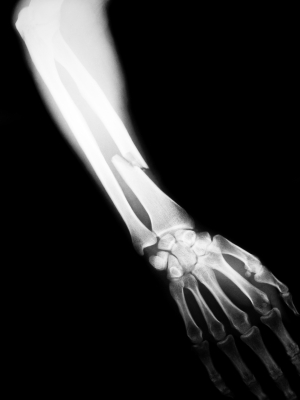 In writing about relationships, it’s easy and much more pleasant to write about the warm and fuzzy aspects (which I do a lot.) But be in any type of relationship long enough and there’s bound to be some conflict (On a side note – it’s so funny to me when people say “I hate conflict.” Are there really people out there who enjoy it?) Things get said, people can hurt, and before you know it, there’s a fractured relationship.
In writing about relationships, it’s easy and much more pleasant to write about the warm and fuzzy aspects (which I do a lot.) But be in any type of relationship long enough and there’s bound to be some conflict (On a side note – it’s so funny to me when people say “I hate conflict.” Are there really people out there who enjoy it?) Things get said, people can hurt, and before you know it, there’s a fractured relationship.
While the painful impact of conflict is no fun to deal with, the real challenge comes in how you respond when you are at the receiving end. Are you willing for the relationship to be restored? Do you actively work to make that happen? Or are you holding tight to the injustice that was wrongly committed against you?
For the Christian, the Bible is clear about how we should respond. When Peter asked Jesus how often he should forgive, He aptly responded “70 times 7” – conveying that forgiveness was expected as many times as it was needed. As followers of our Lord, we are called to emulate Him, not only in how we live, but in how we respond to those who have grieved us (Col. 3:13). Forgiveness is commanded because it restores love, and the watching world will measure our commitment to Christ based on how we love each other.
Additionally, it is important for the Christian to forgive because of what unforgiveness does to the person holding the grudge. When I choose not to forgive, I am taking the sin of someone who has wronged me and making it my own. Yes, they may have been unjust in how they treat me, but now I’m in error in choosing to withhold forgiveness. I have increased the sin in the equation by adding my sin to their own.
And Christians should be all about wanting to reduce sin. We want our lives to look increasingly more like Christ’s which means we have to increasingly reduce the divergence between how we’re living and His commands. Unfortunately, instead of displaying the kind of love that Christ did when He sacrificed His very life for those that were His enemies (Rom. 5:8), when someone wrongs us, we often create wider wedges, deepening the fault lines in a relationship. Instead of just a regular break, we make it a compound fracture – slower to heal, and with longer lasting effects.
May we be quick to heal breaks, so that the Body of Christ can fully function with every part working together for His glory.